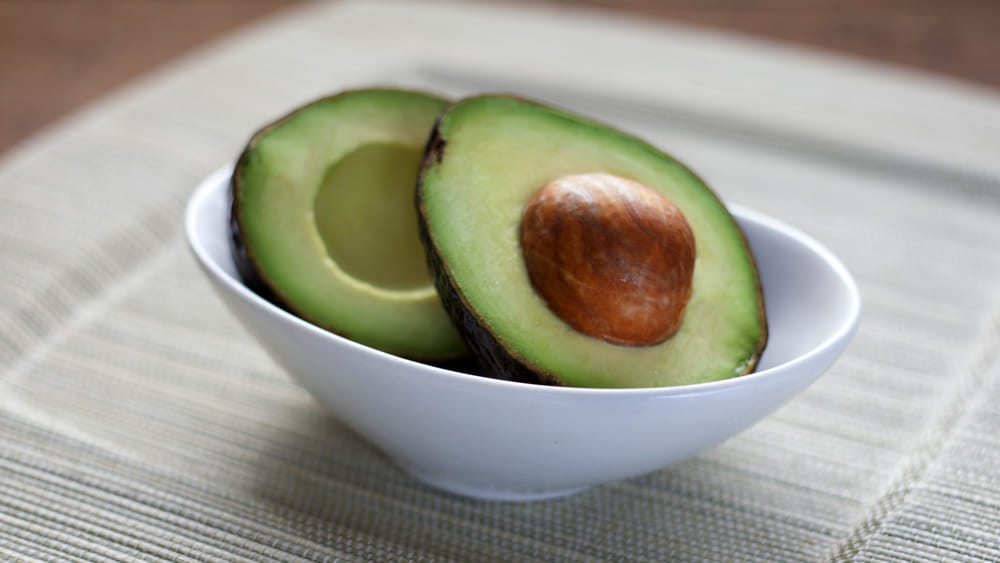Healthy eating improves not only physical health, but mental health as well. While science has focused on weight loss for years, the field of nutritional psychiatry is emerging in recent years, which studies how foods can make our brains feel better and improve mood. The bond between the gut and the brain begins in the womb, as both organs originate from the same cells in the embryo and are then connected via the vagus nerve. In essence, they exchange chemical messages in both directions and affect each other. This is why anxiety and stress can trigger strong reactions and even diseases in the digestive system.
The brain chemical serotonin, which regulates mood, is also produced in the brain for only 5%, while the rest comes from the intestine which then stores and activates it. In case of sadness, bad mood or depression, one of the worst mistakes is to take refuge in so-called comfort foods that many people identify as ice cream or burgers. According to experts, these foods, while offering a very palatable combination of fats, sugars, salt and carbohydrates, actually tend to make us feel worse.
A team from the University of Minnesota has conducted a series of tests to understand the real effects of these foods. Before each test, people stated which foods they considered ‘comforting’, then watched videos aimed at arousing anger, hostility, fear, anxiety and sadness. After indicating how they felt, they were given, depending on the case, a large portion of food defined as “comfort”, or a food they liked, or a “neutral” food (such as an oat and honey bar) otherwise no food. After the break, they filled out the mood questionnaire again. According to the experts, regardless of the type of meal, the factor that seemed to matter most was the passage of time.
On the other hand, there are numerous studies that show that appropriate dietary interventions significantly reduce the symptoms of depression. In a survey of 67 patients, all with a diet low in fruit, vegetables or fiber, about half of the patients were provided with nutritional counseling for a Mediterranean-type diet, as well as food baskets containing examples of foods and recipes. The rest of the group only met to receive friendly support, but there was no talk of nutrition. At the end of the three months, the group that changed the diet showed significantly greater improvement in symptoms of depression, of which a third achieved complete remission, compared to just 8% of the group that received only social support. . Confirmations come from Spain, where research has shown that those who follow a Mediterranean diet have a lower risk of depression. A higher intake of fruit and vegetables in an Australian research has been associated with an increase in happiness, life satisfaction and well-being.
About 20 percent of everything we eat is destined for the brain, Dr. Drew Ramsey, a psychiatrist and assistant clinical professor at Columbia University in New York’s Vagelos College of Physicians and Surgeons, told the New York Times. Minerals, including zinc, selenium and magnesium, for example, provide the basis for the activity of cells and brain tissue, as well as for the synthesis of neurotransmitters that directly affect mood. Instead iron and vitamin B12 help the body to produce serotonin. “Our brain has evolved by eating almost anything to survive, but increasingly we know there is a way to feed it and improve overall mental health,” said Dr. Ramsey, author of the book “Eat to Beat Depression and Anxiety. “(Eating to defeat depression and anxiety). The expert has identified some foods that the gray matter is particularly greedy. Here is a summary of the list that contains the most effective ones according to various experts.
Leafy vegetables
They are to be considered the basis of a healthy diet, being economical, versatile and with a high ratio between nutrients and calories. We mention spinach, rocket, chard, herbs, but also endive, kale and turnip greens. They are all sources of fiber, as well as vitamins C and A. In addition to salads, they can be added to soups, stews, fried and smoothies, or made into pesto. A small portion of algae is instead a source of iodine, fiber, zinc and other phytonutrients.
Colorful fruits and vegetables
The brain is positively alerted by colorful foods, preferring lively fruits and vegetables: red peppers, blueberries, broccoli and eggplant can positively affect inflammation, memory, sleep and mood. Avocado should also be included, as it is rich in healthy fats that favor the absorption of phytonutrients from other vegetables.
Fish and seafood
Sardines, salmon (preferably wild) and cod are rich in omega-3 fatty acids. Seafood, such as clams, mussels, and oysters, are also a good source of vitamin B12, selenium, iron, zinc, and protein.
Nuts, beans and seeds
Ramsey also recommends a full cup of nuts and seeds a day, including cashews, almonds, and pumpkin seeds, which can make for a great snack in their own right or be added to cooked dishes and salads. Do not forget the legumes, such as black and red beans, chickpeas and lentils, to be included in soups, salads and stews.
Spices and herbs
Some spices can improve the balance of gut microbes, and even memory, as well as reduce inflammation. Turmeric, for example, can have beneficial effects on attention and cognition. Other brain-healthy spices are cinnamon, rosemary, sage, saffron, and ginger.
Fermented foods
Fermented foods also positively affect inflammation. These include yogurt, sauerkraut, kefir, kombucha (a fermented tea-based drink) and kimchi (a traditional Korean side dish made from cabbage and radish). Others are miso, cottage cheese, Gouda cheese, and some types of apple cider vinegar.
Dark chocolate
Those who regularly eat dark chocolate reduce the risk of depressive symptoms by 70%, because it is rich in flavonols, including the epicatechin of cocoa. This component vanishes in the processing of milk bars, therefore unable to determine the same beneficial effects
